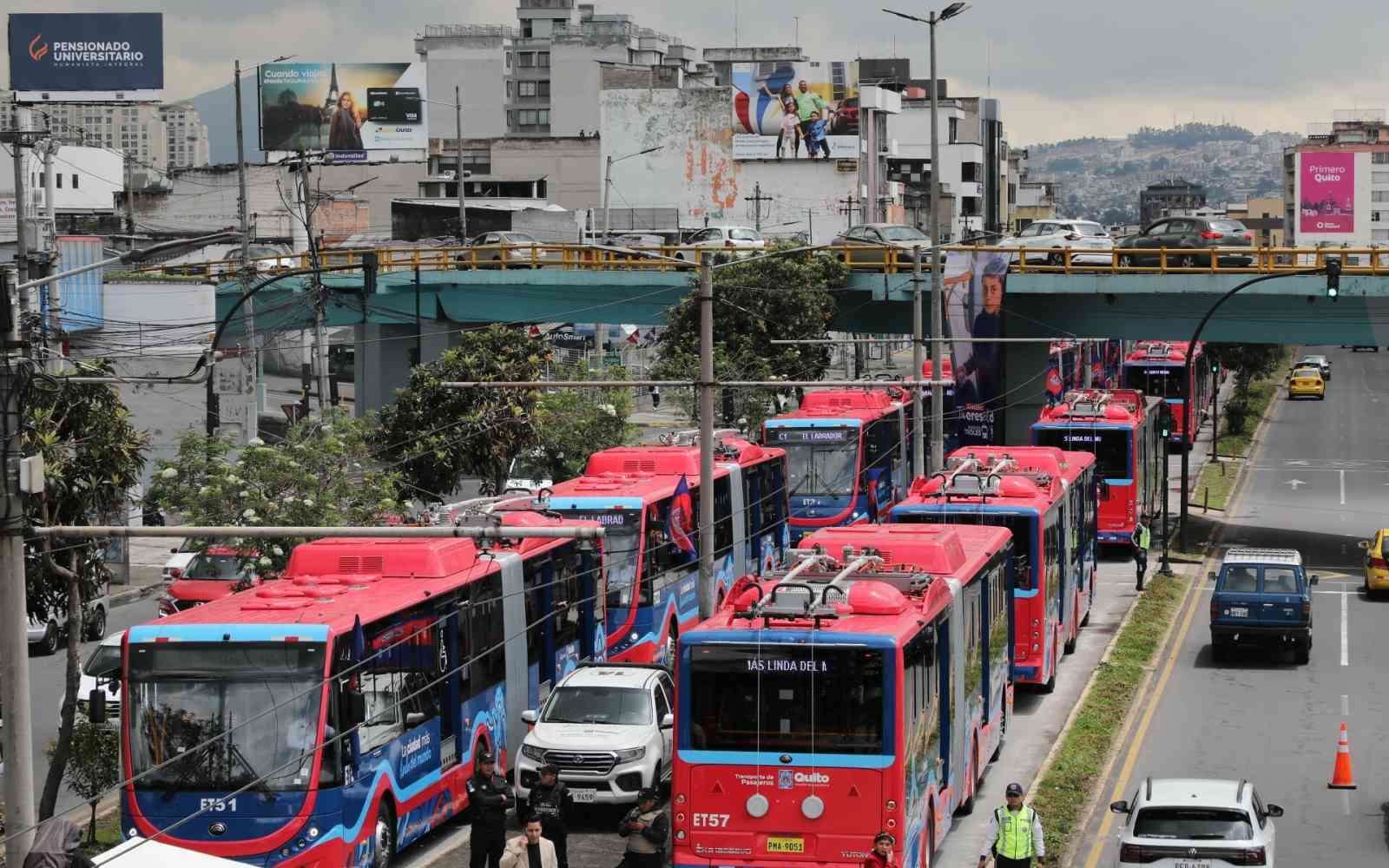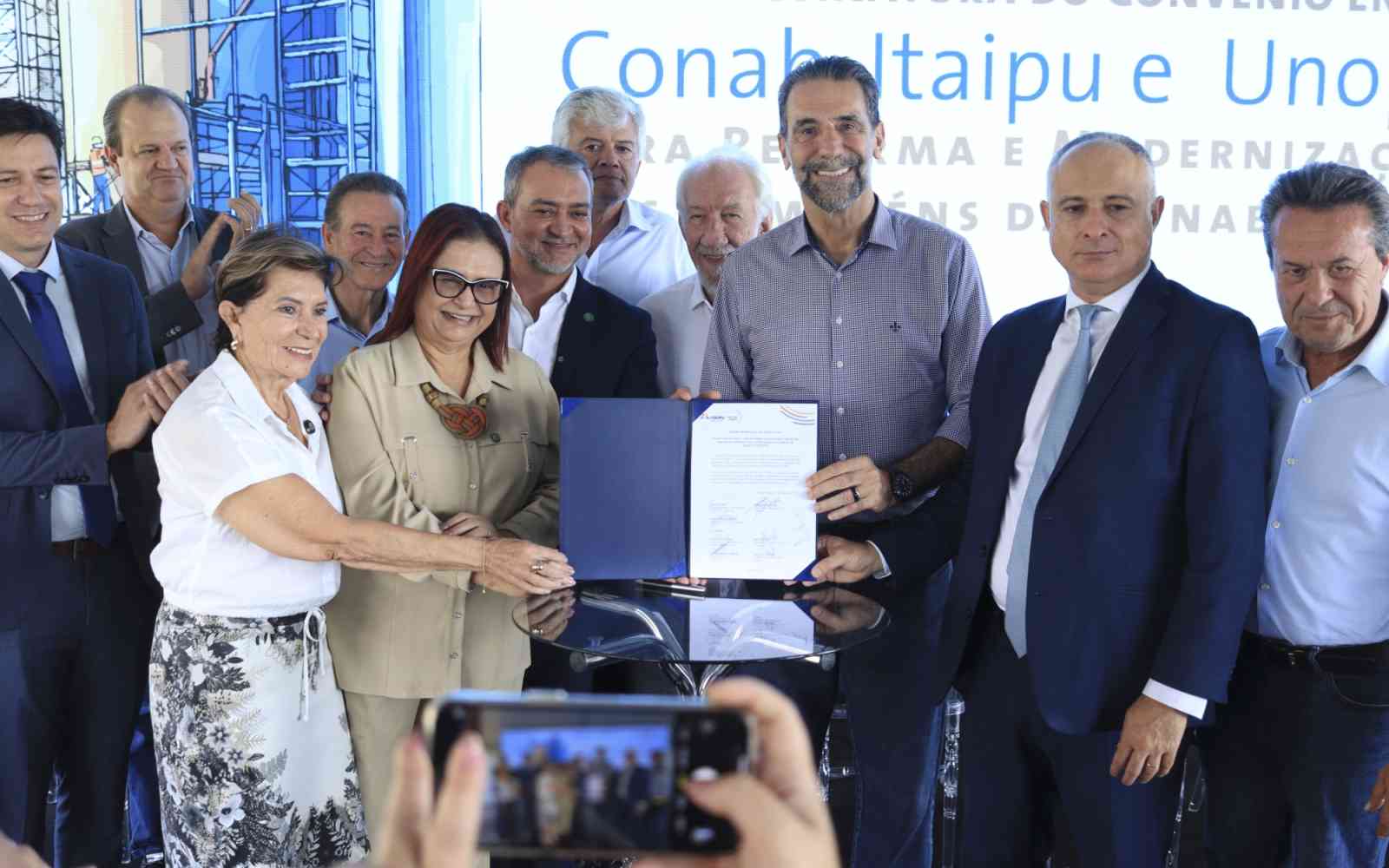The United Nations Office for Project Services (UNOPS)

Providing faster humanitarian relief
A new Humanitarian Hub in Panama will help provide lifesaving support to vulnerable communities in emergency situations throughout the region.
From hurricanes and earthquakes to volcanic eruptions and flooding, countries throughout Latin America and the Caribbean are regularly exposed to natural disasters. The region, which naturally sits on territory prone to such events, is also witnessing an increase in disasters partly as a result of changes in weather patterns. The socio-economic and geographical features of many countries in the region make the effects of climate change a particularly pressing issue.
In 2018
Panama, however, is unlike its neighbours to the east and west. The country is in a privileged position with less exposure to natural disasters.
Situated along the Panama Canal — which connects the Atlantic and Pacific Ocean — the Panamanian Government is making use of its strategic position to assist the region during times of emergency.
To help in this, UNOPS has built the Regional Logistics Centre for Humanitarian Assistance, or the Humanitarian Hub, to improve the capacity of governments and international agencies to respond efficiently to natural disasters and other events that will require humanitarian assistance.
Regional Humanitarian Hub, Panama
With this project, Panama joins global efforts to achieve higher levels of efficiency in humanitarian assistance. Better coordinated and more efficient logistics and humanitarian operations will allow for more lives saved during times of emergency.
The Humanitarian Hub will be a space for aid workers, humanitarian agencies and institutions, and international and national organizations to converge and work towards greater resilience in the region.
The Regional Logistics Centre for Humanitarian Assistance, the continent's first humanitarian hub, will place Panama at the centre of humanitarian services for the region. The main humanitarian actors will be able to coordinate their actions and send aid from a single point in a prompt and effective way.
The Humanitarian Hub will host the United Nations Humanitarian Response Depot, managed by the World Food Programme, as well as several humanitarian aid agencies working in the region, including the International Federation of the Red Cross and the Spanish Agency for International Development Cooperation.

Panama has transformed a space once dedicated to military purposes into an area where logistics and humanitarian responses are combined to save lives. The entire region will benefit from this.
Panama’s strategic geographic location with global and regional shipping routes converging in the Panama Canal allow for steady flow of cargo to and from the region.
The country’s existing transportation infrastructure also offers a variety of ways to easily move essential supplies via land or air.
Located at the Panama Pacifico International Airport, the Humanitarian Hub will benefit from direct access to the runway. Relief agencies will be able to rely on infrastructure and services that are already in place and are necessary for an effective provision of humanitarian assistance, as well as enable greater coordination and resource sharing.
"This center will be a special administrative entity of the Panamanian State that will serve Central America and the rest of the Latin American and Caribbean countries. The logistics centre will facilitate receiving, storing and redistributing items and equipment, as well as mobilize human resources for an efficient management of relief and humanitarian assistance in the face of national and international emergencies that may occur due to natural or other effects,” said the President of the Republic of Panama, Juan Carlos Varela.
The Humanitarian Hub will open its doors in September and will provide 24-hour services to monitor and respond to crises throughout the region.
Project details
UNOPS managed the design and construction of the Regional Logistics Centre for Humanitarian Assistance.
ARUP provided assistance during the design process to help ensure the location and design of the buildings was optimal.
The Humanitarian Hub offers a model of integration of sustainable design ideas, including efficient use of electricity, drinking water and rainwater harnessing.












